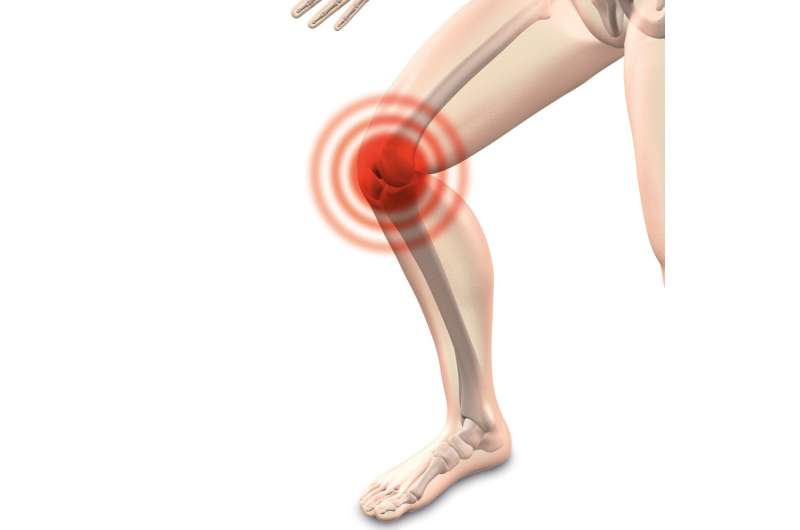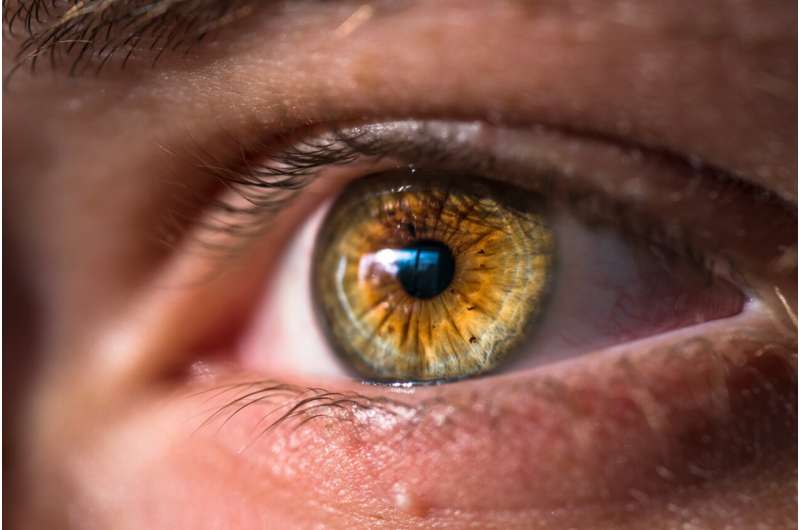Innovative Radiotracer Promises Faster and More Precise Breast Cancer Detection

A groundbreaking radiotracer developed at the University of Alberta offers faster, more accurate breast cancer detection through targeted imaging and rapid results, with potential therapeutic applications on the horizon.
Researchers at the University of Alberta have developed a pioneering radiotracer that could revolutionize breast cancer imaging. Currently, the standard method for detecting and staging breast tumors uses a glucose-based tracer in positron emission tomography (PET) scans, which, while effective, can produce background noise since all cells utilize glucose. The new tracer, called [18F]6-fluoro-6-deoxyfructose, mimics the natural sugar fructose and targets the fructose transporter protein GLUT5, which is overexpressed in many breast cancer cells.
This specificity allows for highly targeted imaging, producing clearer images that highlight cancerous tissues while minimizing background signals. Additionally, the fructose-based tracer provides rapid results, illuminating tumors within 15 minutes—significantly faster than the traditional tracer, which can take up to two hours. The tracer is currently tested in animal models and is set to undergo initial clinical trials in Europe later this year.
Professor Frederick West, a lead researcher, emphasizes the potential benefits: "Our work shows that this tracer is superior for early detection and the identification of metastasis, potentially leading to improved treatment outcomes." The targeted nature of this radiotracer also opens possibilities for therapeutic applications, where the fructose transporter could be exploited to deliver drugs directly to cancer cells, sparking hope for future cancer treatments.
This innovative approach not only promises to enhance diagnostic accuracy but also aims to make imaging procedures more convenient and less invasive for patients, ultimately contributing to faster diagnosis and better management of breast cancer.
source: https://medicalxpress.com/news/2025-07-radiotracer-breast-cancer-quicker-accurate.html
Stay Updated with Mia's Feed
Get the latest health & wellness insights delivered straight to your inbox.
Related Articles
US Childhood Vaccination Rates Decline Once More Amid Rising Exemptions
Childhood vaccination rates in the US have declined again, with exemption rates reaching new highs, raising concerns amid ongoing disease outbreaks. Learn more about the latest vaccination trends and public health implications.
How Human-AI Hybrid Coaching Enhances Weight Loss Outcomes
Recent research reveals that combining human coaching with AI in weight-loss programs significantly enhances results, leading to greater engagement and success. Discover the implications for individuals and healthcare providers.



